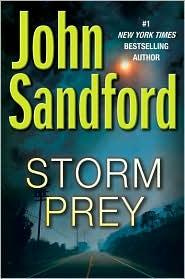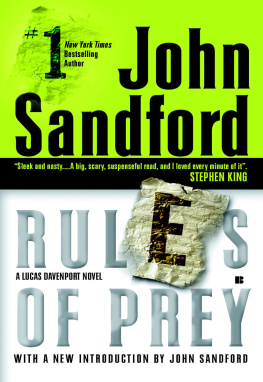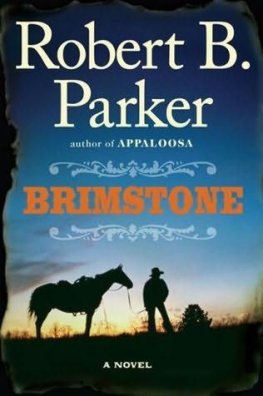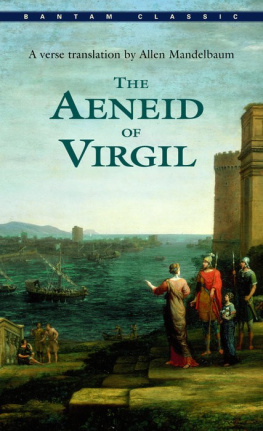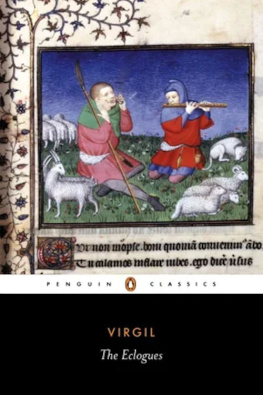Bad Blood (2010)
John Sandford
*
Sept 21, 2010
When 19-year-old Bob Tripp hits farmer Jacob Flood in the head with a T-ball bat at the outset of Sandford's exciting fourth thriller to feature Minnesota Bureau of Criminal Apprehension agent Virgil Flowers (after Rough Country), Tripp's subsequent attempt to make murder look like an accident fails. The morning after Tripp's arrest, he's found hanging in his cell. Warren County sheriff Lee Coakley seeks Flowers's help to investigate what role, if any, deputy Jim Crocker, the officer on duty at the jail at the time, played in Tripp's death. A link to the earlier murder of a young woman leads Flowers and Coakley to members of a small church with strange ways. As the pair become aware of the magnitude of the unspeakable crimes (rape, child abuse, incest) behind the deaths, they search desperately for a lever to pry open what turns out to be Flowers's biggest, if perhaps most unlikely, case to date.
Chapter
One of those days: late fall, bare black tree branches scratching at a churning gray sky, days cold, nights colder. The harvest was very late--record late--and moving fast. The soybean crop had been delayed because of a cold summer, and then in the middle of October, with half the crop in, rain began to fall, a couple of inches a week, and didn't quit for a month. Now it was dry again, but a landslide of bad weather hovered over the western horizon, and the combines were working twenty hours a day, bringing in the last of the beans and corn.
Bob Tripp leaned against the highway-side wall at the Battenberg Farmer's Co-op grain elevator, knowing that Jacob Flood was on his way.
You could not only see the harvest--the working lights in the fields at night, the tractors and wagons on the roads--but you could hear it, and smell it, and even taste it in the air. Tasted like grain, and a little like dust, Tripp thought. His favorite time of year for the outdoors: regular deer season just over, muzzleloader coming up, snowmobiles ready to go.
Flood had called from his field in the early afternoon: "I need to get in and out fast. You open?"
"I got two wagons being weighed right now," Tripp had said. "John McGuire's coming in probably twenty minutes, nothing after that. If you can get here in an hour or so, we should be open. People have been calling to check, nobody's called about coming in after John."
"Put me down for three," Flood said. "And goldarnit, I gotta get in and out."
"Help you the best we can," Tripp said.
Tripp was nineteen, a high school jock who should have been playing freshman football at a state college. An automobile accident in June, which had broken his left leg, had put that off for a year. The leg had mostly healed by September, and he'd taken the temporary clerk's job at the co-op, where the leg hadn't been too important. He was getting along well, doing rehab exercises every night. The doc said he'd be as good as ever by spring.
Maybe he would be, he thought. Maybe not.
He looked at his watch. Five minutes to three. Nobody coming in. He walked back to the small elevator office, worked the combination on his locker, and popped it open. He wore coveralls on the job, kept his civilian clothes in the locker. He pushed them aside, took out the aluminum T-ball bat he'd hidden there.
He'd had the bat since he was five years old, even then a budding star. He swung it a few times, getting reacquainted with its weight, and thought about what he was going to do. He might get caught, but he'd do it anyway. He looked at himself the way athletes do, spotted the fear, the trepidation, and the anger, and let them percolate through his muscles, jacking himself up for the battle.
RUNNING LATE AND barely able to keep his eyes open, Jacob Flood leaned on the truck's horn as he nudged the old Chevy up to the edge of the scales. He'd been working since early Wednesday morning, with four hours of sleep in the middle of it. He was beat, and not done yet.
The clerk came out in gray coveralls and a feed cap worn backward, over long hair. The kid knew his business: weighed the truck, helped guide it as Flood backed it through the elevator's twenty-foot-high receiving doors. The fit was tight, with just enough room for a man to pass on either side. Flood watched in his rearview mirror until the kid waved at him to stop.
The kid moved onto the dump grate to open the hatches in the middle and at the bottom of the truck's larger dump doors. The hatches needed to be opened first, to start the grain flow and ease the pressure on the main doors. Once that was done, Flood would engage the hydraulics and tilt the bed for the dump, overloaded to about thirty tons of soybeans.
Flood heard the dump start, and then the kid yelled something and waved, and he engaged the hydraulics. When the truck bed stopped rising, he leaned back in the seat and closed his eyes. If he could get just an hour...
He'd take an hour when he got home, he decided. But if that incoming storm turned to bad snow, he'd leave a few tens of thousands of dollars' worth of beans out in the fields. He'd hire another combine in, but everybody from the Missouri line to central Minnesota was going hell for leather, and there was no reliable equipment to be had.
But--he'd get it in, if the weather held. If he could stay awake.
FLOOD HAD ALMOST fallen asleep when there was a sharp rap on the glass next to his face, and he jumped. "What?"
"I can't get the main door open," the kid said. "The handle's stuck. Gimme a hand?"
Flood climbed down from the truck. He wasn't a big man, but he had the hard muscles of a forty-year-old who'd spent his life doing heavy labor. He was wearing OshKosh overalls and a hat with a front label that said "John 3:16."
He walked around the back of the truck and stepped onto the grate. Beans trickled from the larger door's open hatch. The farmer leaned in and grabbed the handle and pushed up hard, expecting resistance. There was none, and the bar slipped out of its slot and the doors swung open. Beans flowed out in a wide, fast stream.
Surprised, Flood hopped back a few feet to the edge of the grate, and turned to where the kid had been. "What the hell..."
The kid wasn't there. He was behind Flood, with the T-ball bat, light and fast in his athletic hands. Flood never saw it coming.
THE BAT CRACKED into the back of the farmer's head and Flood went down like a sack of dry cement. "Fuck you," Tripp said. He spat on the body. "You sick fuckin' prick...."
Then the fear lanced through him, and he looked up, guilty, expecting to see somebody watching: nobody there. He walked around to the edge of the building, peered down the highway. Nobody coming. A pigeon flew out of the rafters up above, and he jumped, stepped back, and looked down the road again.
"Nobody there, man, nobody there. Don't be a pussy," Tripp said aloud, to himself, for the simple reassurance of his own voice.
He went back to the body, watched the flow of grain coming out of the truck. Already half of it was gone: he stirred himself, said, "Move, you dumbass."
He bent over the older man, lifted his head and slammed the back of it against the grate, hard as he could, as though trying to crack open a coconut, and at the same time, trying to hit at the precise point where the bat had. He'd thought about this, had lain in bed and planned it out, visualized it, the way he would a pass pattern. He was right on schedule.
With Flood profoundly unconscious, or maybe already dead, Tripp lifted the man and pushed him into the grain flow, face up, reached out, and pulled his mouth open. Soybeans were spilling from the truck like water from a pitcher, flowing around the unconscious farmer, filling his mouth, nose, ears. They gathered in his eye sockets, and in his shirt pockets, and in the John 3:16 hat. They squirted down into his overalls, slipping through the folds of his boxer shorts, hard and round, looking for a resting place in a navel or a fold of skin.
Next page


